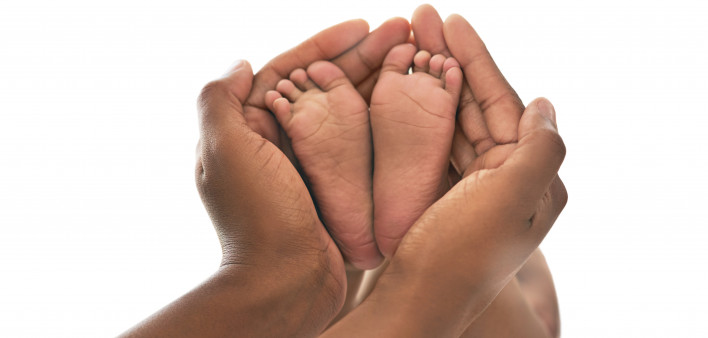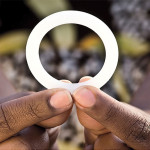For mothers living with HIV in wealthier nations, especially those who have immigrated from low-income countries, medical guidance about bottle-feeding infants can prove confusing if not distressing, aidsmap reports.
In higher-income nations, such as Canada, where the small focus group that yielded this finding took place, and the United States, mothers living with HIV are advised to bottle-feed their infants. This is to eliminate the risk of mother-to-child transmission of the virus—however vanishingly small it otherwise may be for women on antiretrovirals with a fully suppressed viral load.
However, the World Health Organization recommends that women in low-income nations exclusively breast-feed, in part because of lack of clean water access.
Sarah Khan, MSc, of McMaster University, and her colleagues conducted the focus group with 12 HIV-positive mothers who were recruited in Toronto.
The team published its findings in the Journal of the Association of Nurses in AIDS Care.
The women were between 20 and 40 years old. Ten were born in Africa or the Caribbean, and two were natives of Canada. All had experienced pregnancy and delivery in Canada during the previous five years. Eight of them had also been pregnant and delivered a child in a low-income nation.
Among the findings of the study were:
- Some of the immigrant women were skeptical of medical guidelines advising them to bottle-feed to mitigate the risk of transmitting HIV to their infants.
- Women were confused by the contrasting advice they received with regard to breast-feeding versus bottle-feeding in their nations of origin compared with in Canada.
- The mothers expressed discomfort with what they felt were paternalistic attitudes from health care providers when it came to conveying information about breast-feeding versus bottle-feeding best practices. They felt they were not engaged in a decision-making process but were told what to do.
- Some expressed psychological distress over being effectively forbidden to breast-feed and were concerned that their children would suffer long-term consequences from being denied breast-feeding.
- One woman in particular was actually happy to bottle-feed, as it would have been her choice regardless.
- Some women remarked that their children thrived even after being bottle-fed.
The study authors concluded that pregnant and nursing women need to receive better counseling about the risk of HIV transmission from breast-feeding. Health care providers should also acknowledge the guideline differences between countries.
To read the aidsmap article, click here.
To read the study abstract, click here.







Comments
Comments